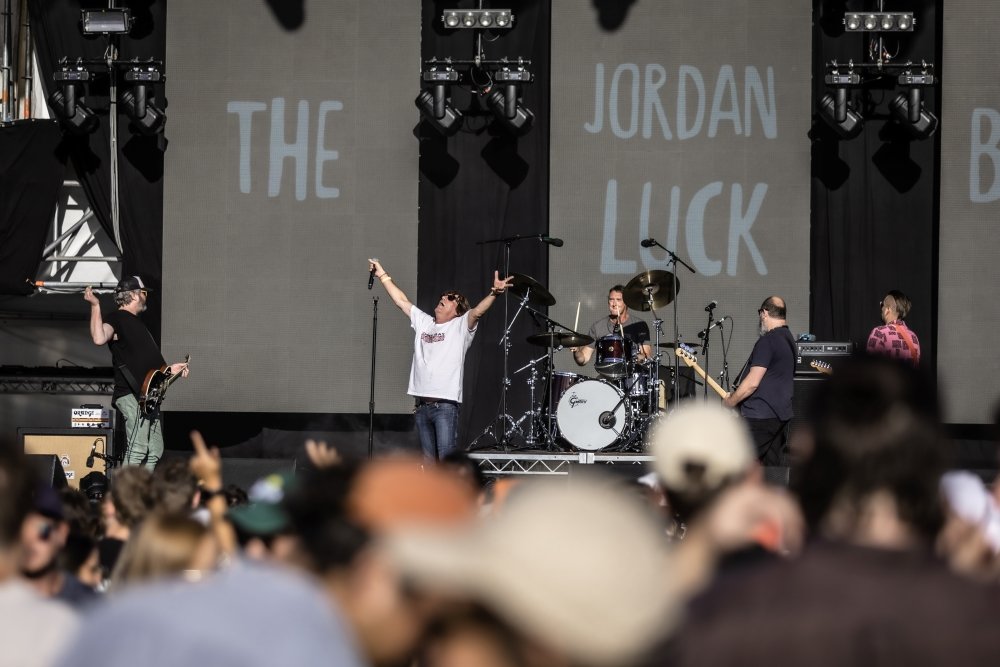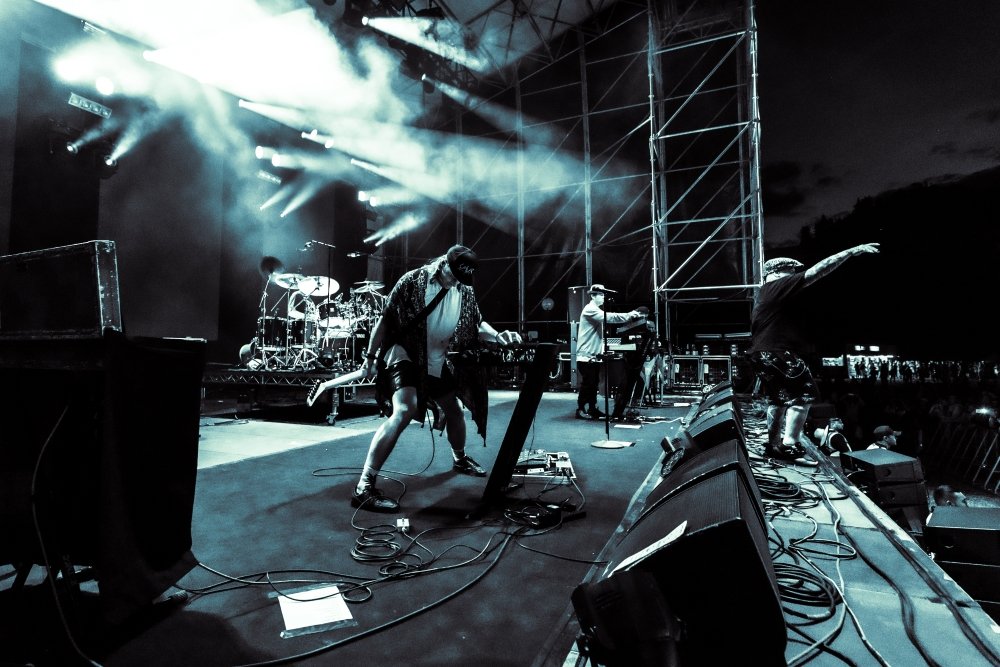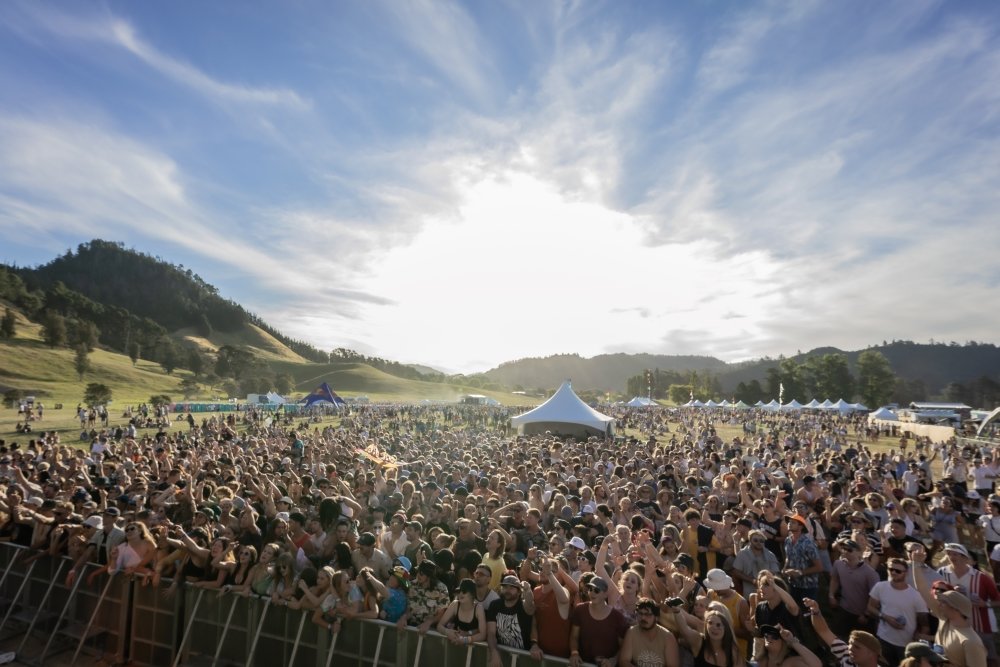News
7 Apr 2021
Who promotes a festival in a pandemic?

Subscribe to CX E-News
New Zealand was one of the few countries in the world that got to see 2021 in with a festival or five. None of that was without risk to the promoters though. We talk to two festival directors who put their heads on the line: Alex Turnbull, Managing Director of Rhythm ‘n Alps and Clayton Spence who launched new festival The Other Side.
(lead photo- Rhythm ‘n Alps, photo by Ingmar Wein)
Festival season so far has been largely hit, with a little bit of miss. Some didn’t even venture down that route with Laneway NZ announcing in September that border closures would make it impossible for them to produce a premium event. WOMAD organisers tried to pull something together even after their long-term local organiser pulled out in October fearing bankruptcy if the event had to be cancelled at the last minute. After a month of desperate efforts to find a new partner, organisers had to admit that they had run out of time, meaning the region would miss out on the three and a half million dollars that the three-day March event brings in.
Others such as new festival Sounds Like Summer, set to feature Kiwi groups The Black Seeds and The Beths and expected to attract fifteen hundred, was heartbreakingly cancelled at the last minute as a couple of community cases turned up half an hour’s drive from the event’s location north of Auckland.
But the struggles and disappointments have been in the minority. The majority of promoters have gone ahead and pulled their festivals off due in part to sheer determination, and also to the good fortune to not be impacted by a community outbreak. New Year’s Eve in New Zealand saw Rhythm ‘n Vines attract a crowd of twenty three thousand to see Kiwi legends Dave Dobbyn, Fat Freddy’s Drop and Shihad. Rhythm ‘n Alps pulled in fifteen thousand to more local acts including Six60, and The Other Side launched itself to a crowd of fifteen thousand in Whangamata in the Coromandel. A few days later Bay Dreams North and South saw similar crowds at Mount Maunganui and Nelson.
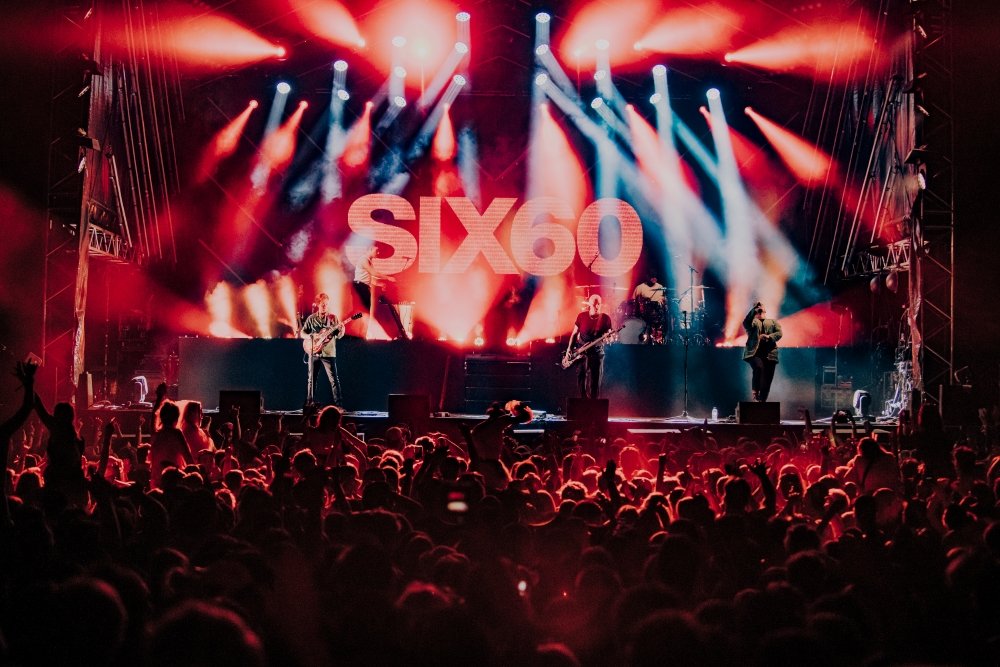
Alex Turnbull, Managing Director of Rhythm ‘n Alps explains his motivation, “We are in our eleventh year. We have systems in place and lots of IP, so our expenses are minimal, reducing risk. We decided not to rely on international acts and focused on domestic. It has been a great opportunity for Kiwi artists really. I also believe, and ticket sales proved it, that in times of recession or social unrest or unease, people still want to go out with friends and enjoy themselves and switch off. Ticket sales tracked normally, and we sold out.”The one concession that Alex did make to COVID-19 was in terms of health and safety, “We employed an additional consultant to review our existing practices. It was an expense, but it was essential. We saw it as an opportunity to reflect on how we do things and pull our socks up.” The review saw system improvements specifically around data collection, meaning that should there be an outbreak and contact tracing required, they could quickly handover data, “Not just the contact details for everyone who attended the festival but where they were at certain times and records of transactions.”
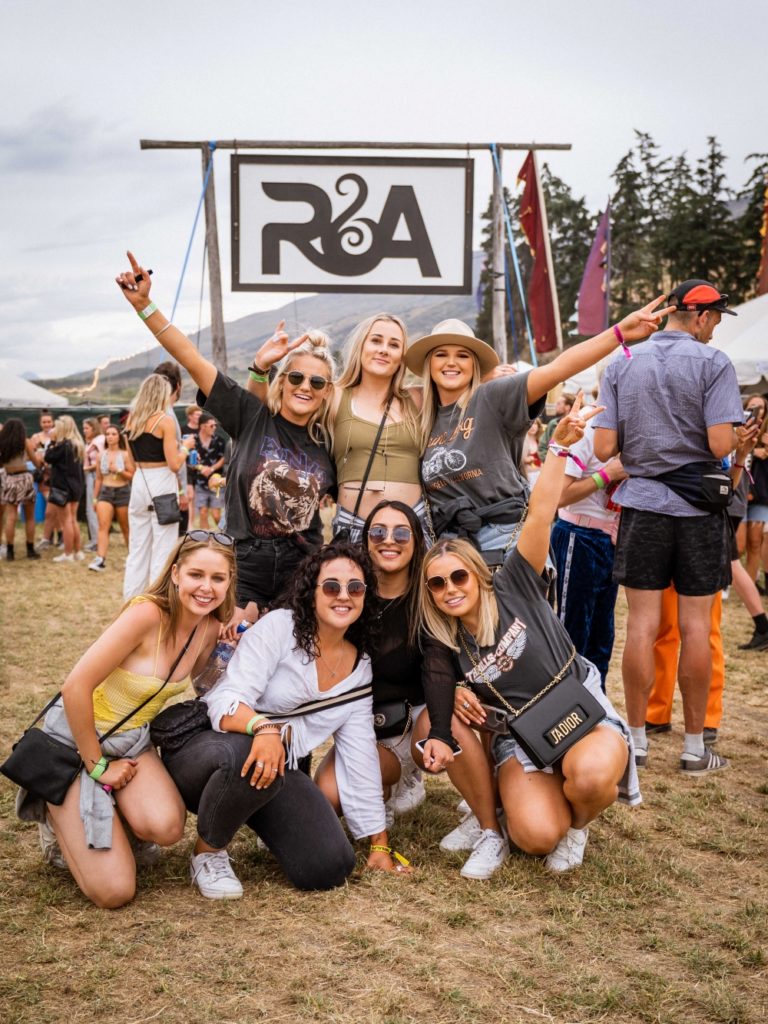
Alex has no doubts about running the festival next year and planning is also underway for the sold out SnowBoxx NZ Festival in September, “Hopefully we’ll be heading towards herd immunity by then and there will be some more positivity around our industry. My concern is the people that we may have lost; the riggers, drivers, and techs who have moved into the film industry for work. There’s three or four film productions going on and the music industry has dried up. We need to do what we can to keep our people in work.”
Clayton Spence, Director of Nikau Rhythm and promotor of new festival The Other Side agrees, “I never considered cancelling. I felt that I had to keep positive and keep people employed, and I was super stoked to be able to go ahead.” Unlike Alex however, for Clayton launching a new festival, the financial risk was significant, “That’s the game we are in though. Someone has to do it. I felt strongly that if we didn’t carry on, the country would just stop.” He lined up an array of domestic acts with Shapeshifter headlining, brought in Robbie Barclay and College Hill and quickly sold fifteen thousand tickets, “There was no reluctance to buy tickets. You had the odd person asking about refunds, but on the whole, everyone was as keen as.”He too focused on protocols which meant extra costs and extra work, “We used the information the government provided, and our Health and Safety expert was across everything. Festivals have been getting cleaner and tidier, audiences are better behaved. It felt like this is just another step in that process.”
The resounding message from both promotors was that it was overwhelmingly worth the elevated risk and the extra work and costs around health and safety. In Clayton’s words, “We were the only country in the world that could do it. That was pretty special and an amazing feeling for everyone involved.”
The job of festival promoter always has that extra element of risk due to the scale and the vulnerability to the elements, but you do have to take your hat off to those promoters who are prepared to run the gauntlet of a global pandemic.
Subscribe
Published monthly since 1991, our famous AV industry magazine is free for download or pay for print. Subscribers also receive CX News, our free weekly email with the latest industry news and jobs.

